If you want your online store to drive massive traffic and maximize sales and revenue, you need to read this post till the end. This blog tells you how to plan SEO for your e-commerce website for increased traffic, better conversions, and improved ROI.
Ranking higher in the search results is no more an option these days; it has become vital in today’s fiercely competitive world. That said, ranking higher becomes even more imperative for online store owners because of the mounting competition in the e-commerce market.
As internet access and adoption are rapidly increasing worldwide, the number of digital buyers keeps climbing every year. That said, there are an estimated 12-24 million online stores already out there. Consequently, retailers look for ways to boost e-commerce business and increase sales.
If you want to make some noise, drive conversions, and increase your ROI, you need a foolproof e-commerce SEO strategy. In fact, if you ask experienced top growth companies, they would say — SEO has the highest ROI of any e-commerce marketing.
Though you must know that there is no “one size fits all” solution for e-commerce SEO. Therefore, if you wish to grow your e-commerce business by ranking higher in the search engine result pages (SERPs), consider hiring a reputable e-commerce marketing agency that leverages SEO services and provides purpose-oriented outcomes.
What Is E-Commerce SEO, Exactly?
Search engine optimization (SEO) is the practice of optimizing a website around specific (and relevant) keywords to rank higher in SERPs. When it’s done for online stores, it’s called e-commerce SEO. That’s it!
In other words, when you make an effort to make your e-commerce store more visible in the search results, that’s e-commerce SEO. When SEO for e-commerce sites is done right, you rank higher in SERPs each time when people search for products you sell.
Why SEO Matters for E-Commerce Websites?
For any e-commerce site to be successful, customers are of utmost importance. How customers make purchases? In today’s time, they usually perform Google searches. Around 70% of the online shopping journey starts with a Google search. That said, nearly 38% of all traffic to e-commerce sites comes from search engines.
Whatever the e-commerce site appears in the top search results, people visit and most probably, shop through any of them. Though getting customers’ attention can be quite expensive. That’s where SEO enters the game. It’s absolutely free. You (as an online store owner) can get free, recurring, and high-converting traffic via SEO.
Now you know why SEO is essential for your e-commerce website.
9 Ways to Plan SEO for E-Commerce Sites for Better Organic Traffic
Target Right Keywords
Keywords matter a lot when it comes to ranking higher in SERPs. While targetting the right set of keywords for your e-commerce site, analyze the keywords’ search volume, CPC, user intent, and lots of other considerable things. Also, it’s highly advisable by experts to use informational keywords, such as “how to.” Once you finalize the keywords, mention them in your product headline, meta description, image alt, subheadlines, and others.
Conduct Competitor Research
Doing competitor research can help you start with on-site optimization for your e-commerce site. Your competitors have already put efforts into optimizing their e-commerce sites. By analyzing their approach, you can learn many of their secrets. Check out their homepage, product pages, and specifically, landing pages. Analyze the top-performing keywords, and then use them on your online store to rank higher.
Streamline Site Architecture
Site structure is all about organizing your site. It is crucial for all e-commerce sites (including yours). It helps your users easily identify key pages and also the relationships between pages. The thumb rule is, it should only take the users at most three clicks to get back to your homepage. So if your site structure is not streamlined, consider hiring a skilled web design and development company that can revamp your site architecture in no time.
Optimize Product Pages
Product pages are the life and limb of any e-commerce website. So focus on optimizing your e-commerce product pages. Many e-commerce site owners write one-liner (vague) product descriptions and throw up some images, and that’s where they commit the biggest mistake. Emphasize product name, relevant description, image optimization, etc., so that search engines can find your product and rank your site higher.
Leverage Responsive Design
People more often use mobile phones for shopping. In 2021, the world’s mCommerce made 53.9% of all e-commerce sales. Plus, mCommerce sales reached $3.56 trillion in 2021. Responsive design not only leads to a better shopping experience but also results in improved search results. Besides, Google has also started giving preference to mobile-first websites. That’s why it’s critical to emphasize a responsive website design.
Do Local SEO
If you want more local site traffic, local SEO can do wonders for both. Local SEO (if done right) can give you a great boost to your online store. To start with local SEO, claim your “Google My Business” profile, then move ahead and build local citations. They are backlinks from other local websites, and last but not least, get links on local websites. Any local links can make your overall domain authority. Therefore, helping you rank higher.
Ensure Technical SEO Audits
SEO is not just about keywords; there’s also a technical side of it that you need to emphasize for better ranking. How to perform technical SEO audits for e-commerce sites? You need to focus on site speed, user experience, mobile friendliness, and working links. Also, by inserting canonical tags and switching up homepage internal links for the right content, you can improve your technical SEO and rank higher.
Pay Attention to Link Building
Why is link building so important? Well, there are two ranking factors Google cares about a lot — content and links. Backlinks from other websites with high domain authority to your website boost your ranking drastically. Resource page link building, partnering with influencers, broken link building, and stealing competitors’ links are some unique link-building opportunities.
Measure Results and Improve
SEO is a never-ending process. If you want your e-commerce website to stay competitive, you need to measure your SEO performance and results. Therefore, work accordingly. Determine which metrics are the most critical for your e-commerce business and track those metrics regularly. If you see any scope of improvement, implement that right away. It’s always advisable to leverage top-notch SEO tools to track results.
In Conclusion
Like every other e-commerce store owner, if you want to drive massive traffic to your online store, maximize conversion, and earn more profit, you need to adopt e-commerce SEO right away! We hope this post helped you understand how to plan SEO for your e-commerce website effectively. Implement the steps shared in this post, rank higher on SERPs, and leave all your competitors behind.
So are you ready to win over your rivals? Get. Set. SEO. Now!
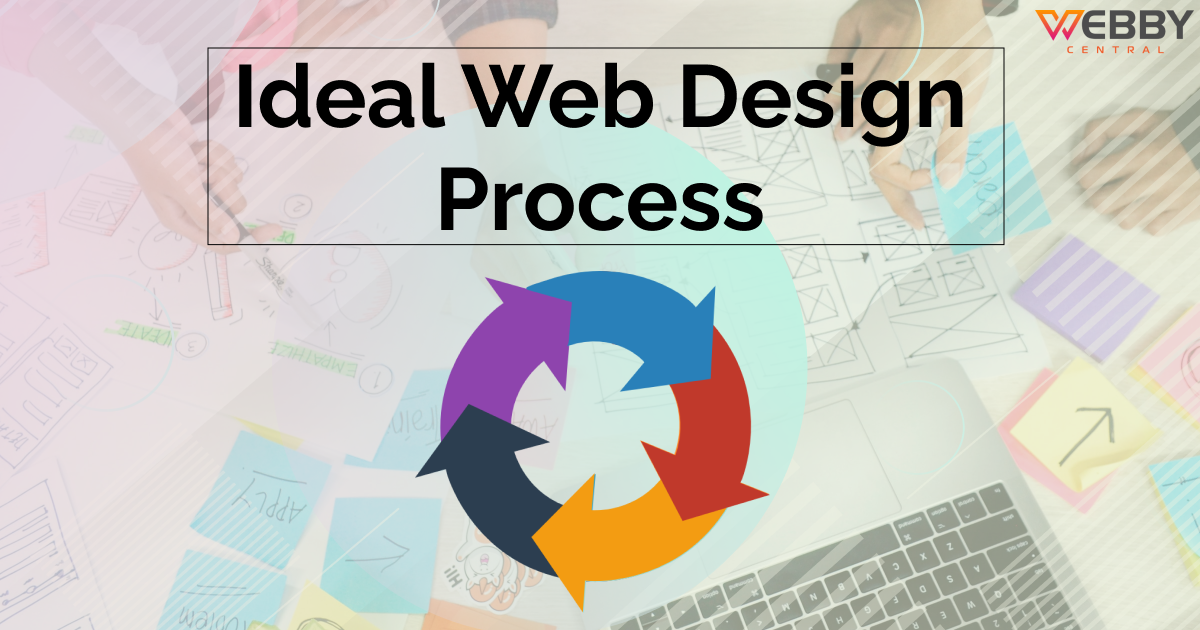
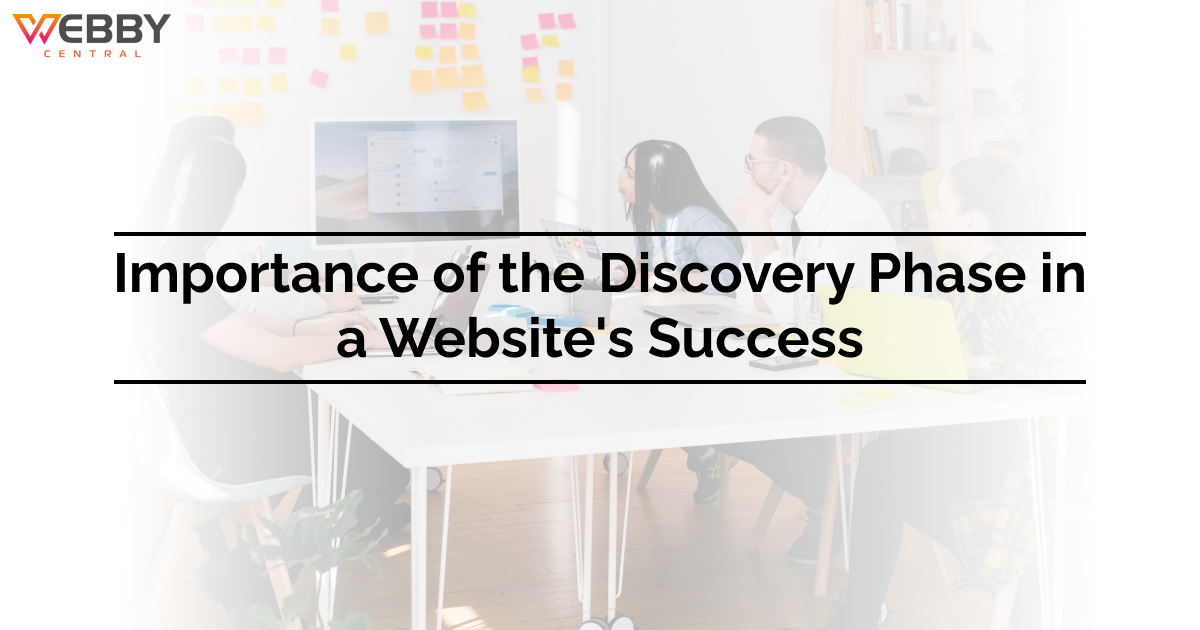

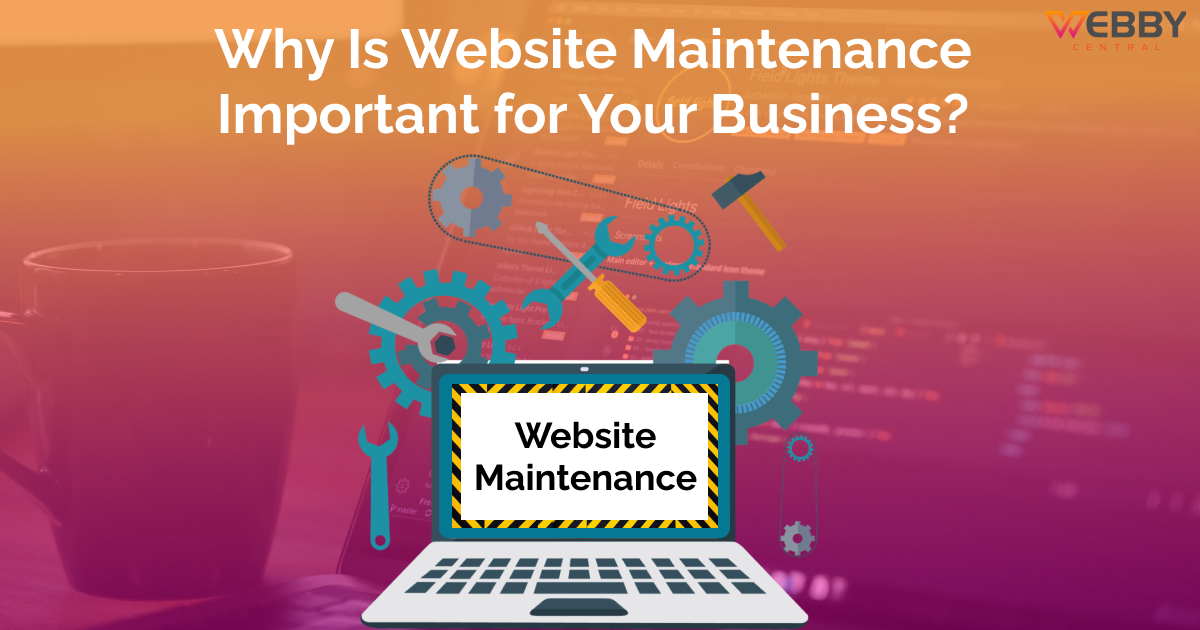
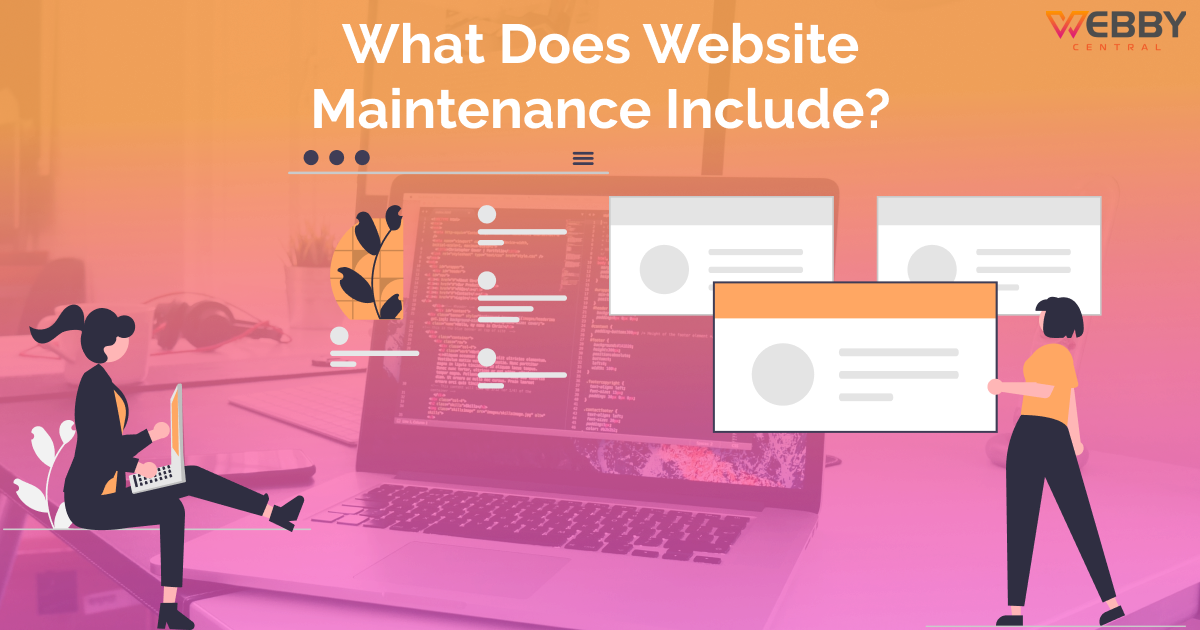
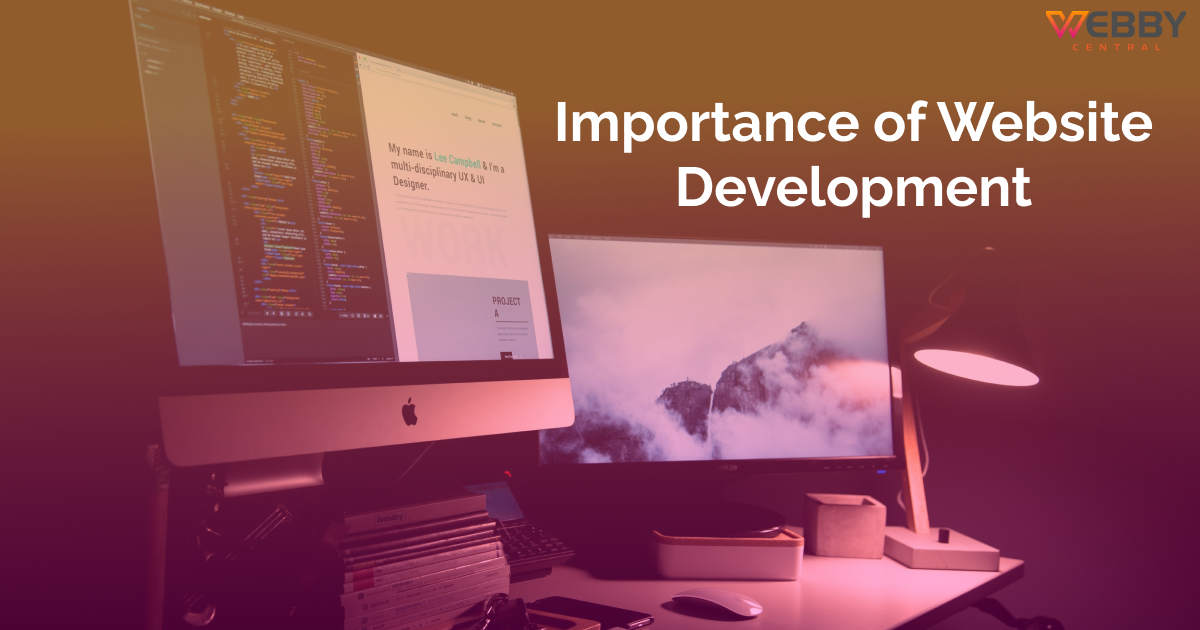
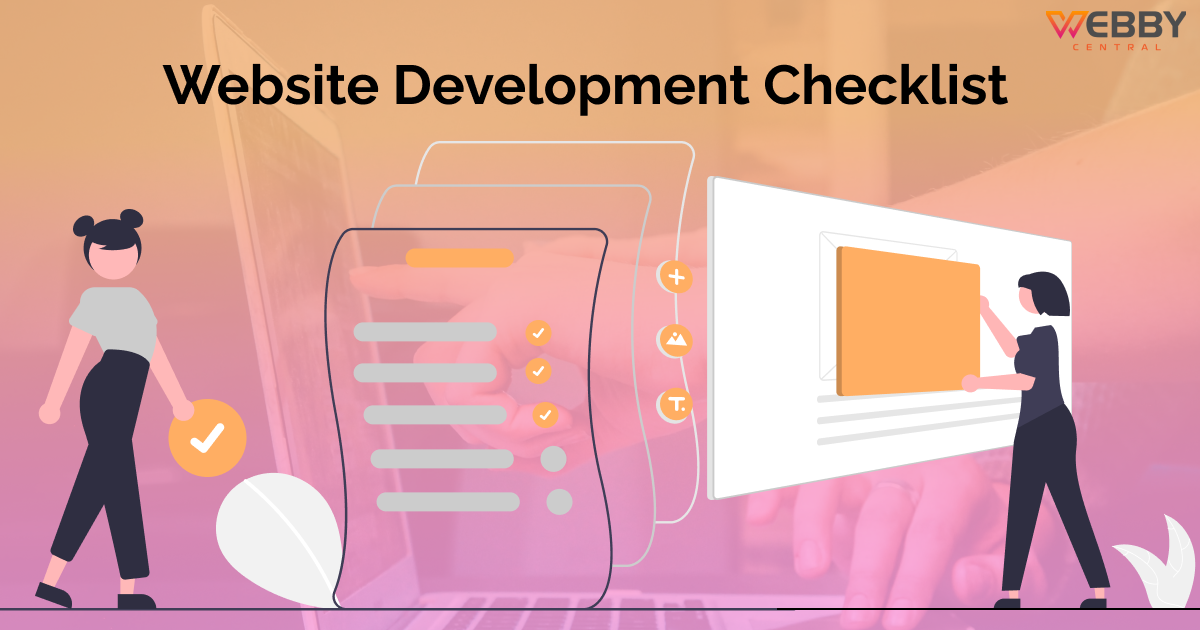
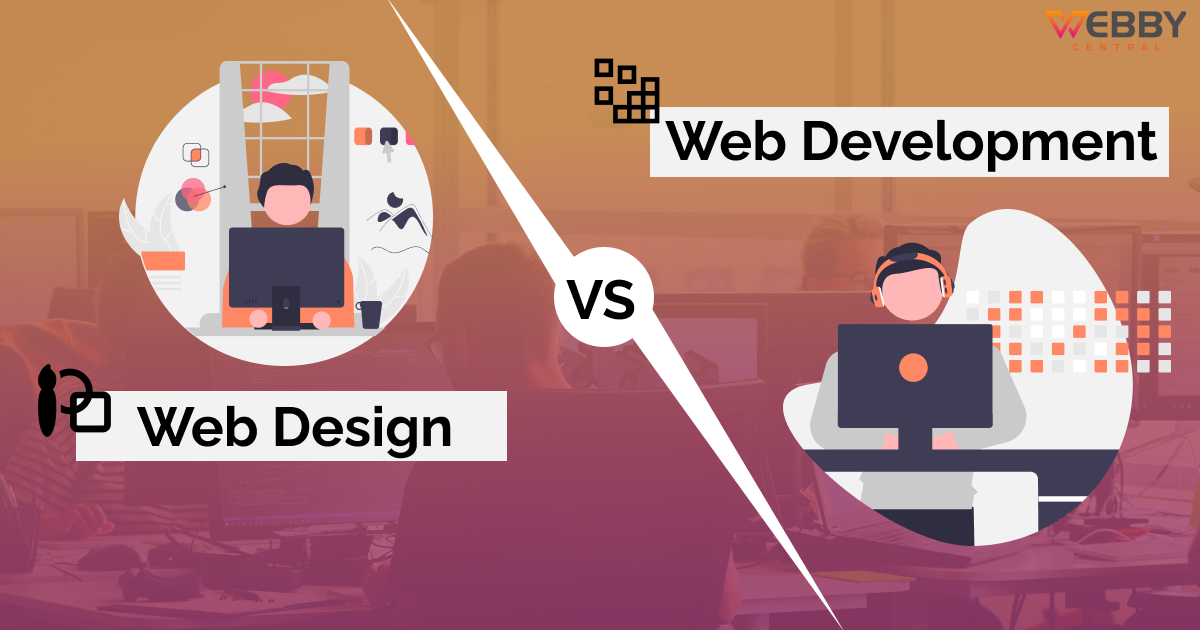


Write A Review